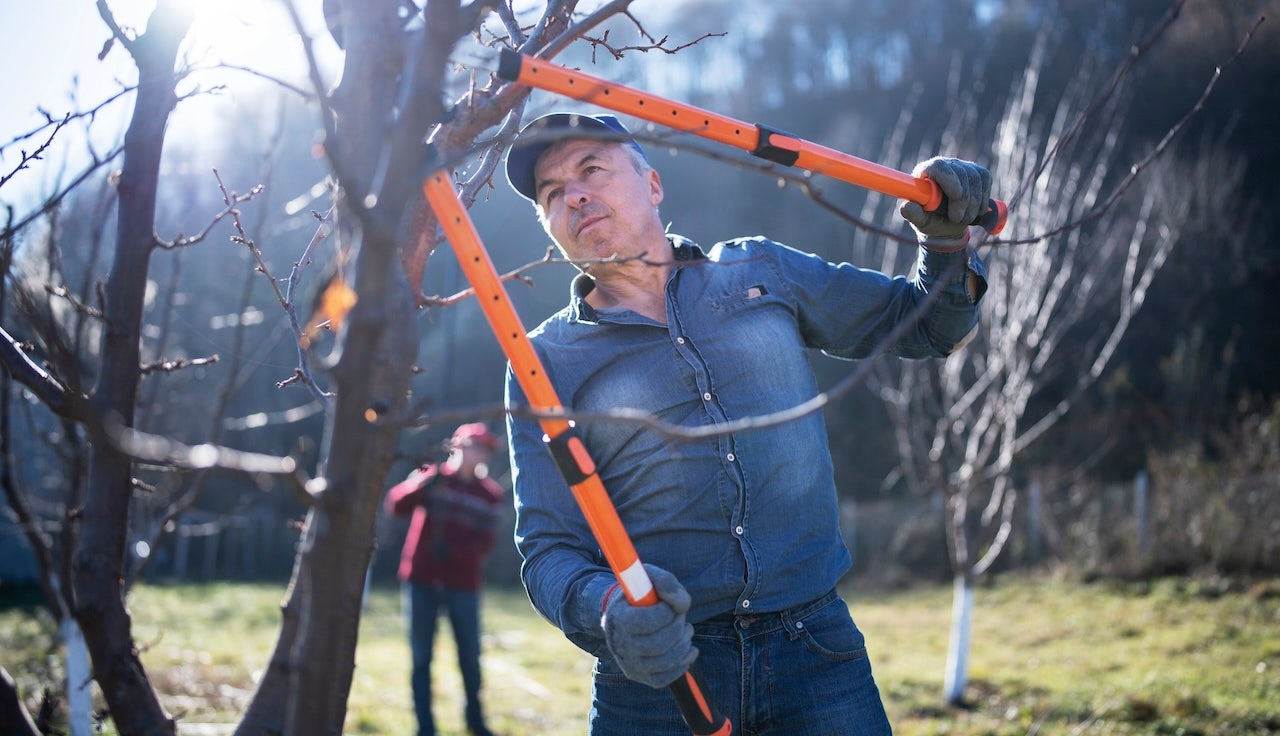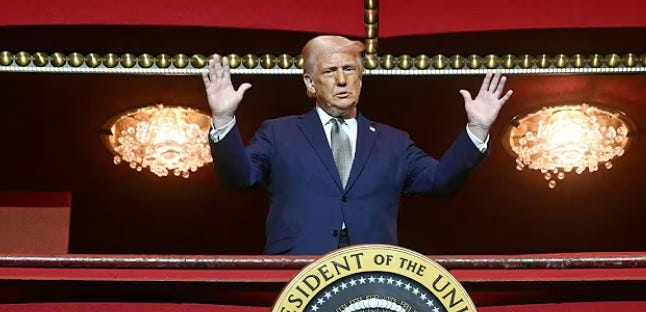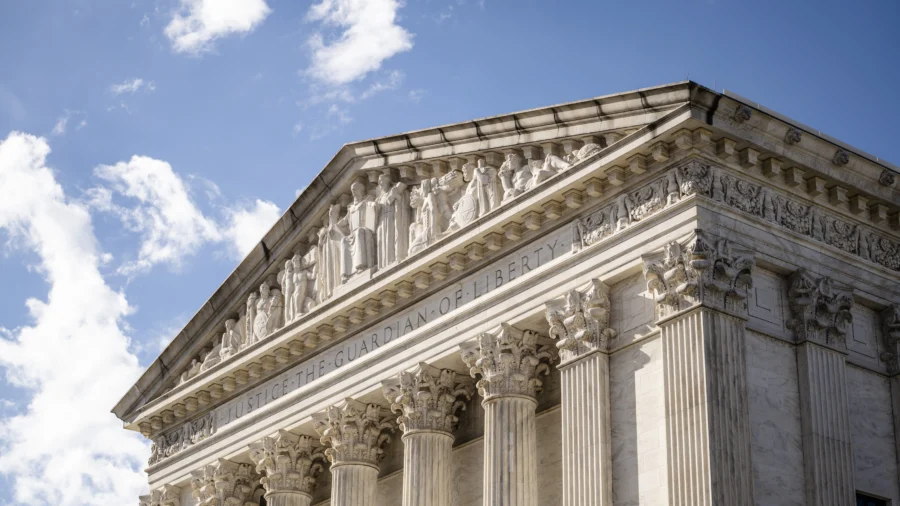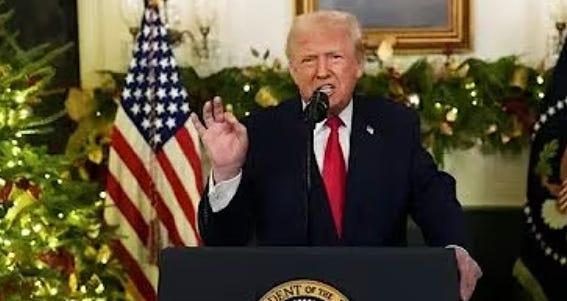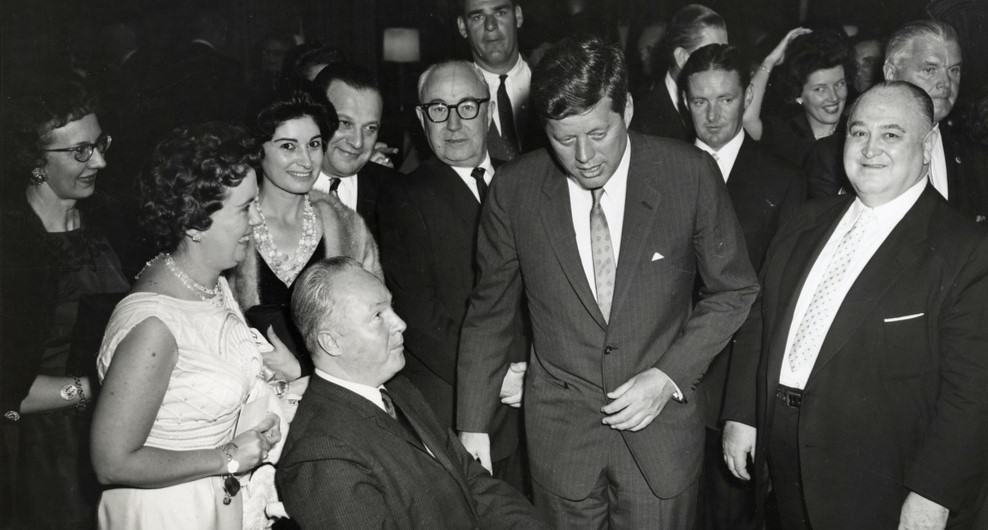
China Evergrande Group helped trigger China’s real estate crisis just over two years ago. The developer, with more than $300 billion in total liabilities, became the poster-child for debt problems in China’s property sector. Now, Evergrande’s saga may be coming to a close, after a Hong Kong court ordered its liquidation early on Monday.
Evergrande won brief adjournments in September and December to give it more time to win over creditors, but Hong Kong’s courts were no longer willing to cut the developer a break on the its third appearance in court. “The hearing has lasted for one-and-a-half years, and the company has still not been able to bring forward a concrete restructuring proposal,” Justice Linda Chan of the Hong Kong High Court said in her ruling according to the South China Morning Post. “It is the time for the court to say enough is enough.”
Monday’s court order in Hong Kong will not have an immediate impact on Evergrande’s operations in mainland China, but it won’t be welcomed by Chinese policymakers trying to contain a stock market rout and draw a line under the country’s long real estate crisis.
The property sector is estimated to make up as much as a third of China’s economy. Economists have blamed continued uncertainty around real estate for the country’s shaky economic recovery and uneven consumer confidence.
Evergrande first defaulted on its offshore debt in December 2021, which sparked a liquidity crisis in the property sector and pushed several other developers to default as well. Evergrande has spent years trying to convince creditors to back a restructuring plan, but the detainment of several Evergrande executives, including billionaire chairman and founder Hui Ka Yan, upended negotiations.
Top Shine, a strategic investor in Evergrande, filed the liquidation petition in June 2022.
Provisional liquidators will now take over Evergrande’s management and handle affairs that include negotiating a debt restructuring agreement. Yet many of the developer’s projects are in mainland China and operated by local units, which liquidators could struggle to seize. Cooperation between mainland China and Hong Kong—which has its own independent judicial system—is spotty when it comes to carrying out legal judgments. Construction work and other activities in mainland China will likely continue as the process unfolds.
Evergrande can still file an appeal against the liquidation order. Trading in Evergrande shares was suspended after its Hong Kong-traded shares tumbled over 20% to hit just $0.02.
As of 11:45am Hong Kong time, the Hang Seng China A Properties Index, which tracks property developers listed in mainland China is down 0.1%, erasing gains from Monday’s open.



